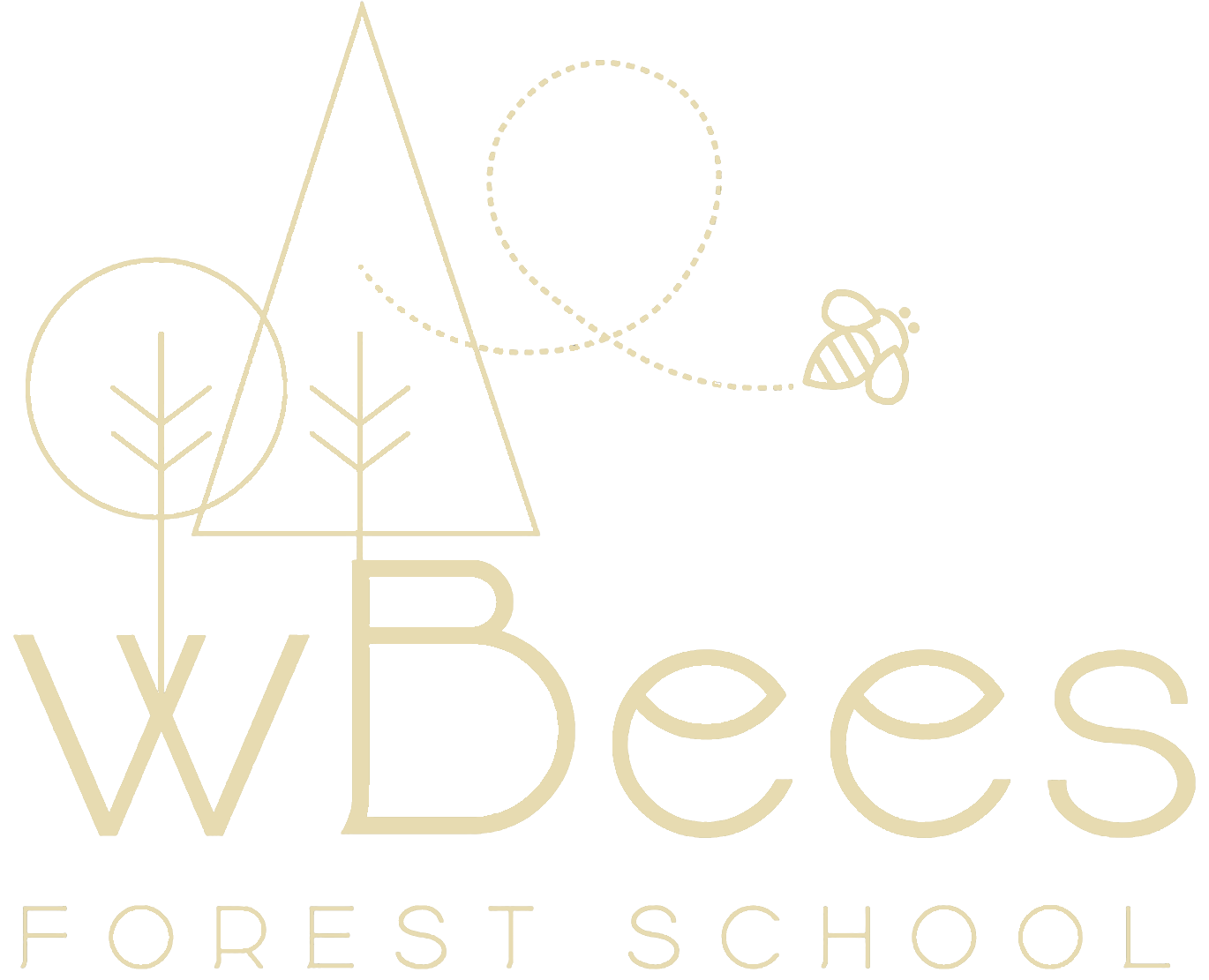The Montessori Method: Nurturing Early Childhood Development
As time goes by, there is more and more research that emphasizes learning and the development of young children, especially during the early childhood years. Finding the best education and foundation for our children seems like such a big feat, especially finding one that equips them with the skills, knowledge, and character traits they need to thrive in an ever-evolving world. Amidst various educational philosophies, the Montessori Method has emerged as a time-tested approach that offers a holistic and child-centric approach to early childhood education.At wBees, we’ve seen time and time again the benefits and positive ways in which the Montessori Method and Montessori education can prepare children for multiple facets of life beyond academics.
Understanding the Montessori Method:
The Montessori Method, developed by Italian physician and educator Dr. Maria Montessori, emphasizes the child's individuality, independence, and natural inclination to learn. It creates an environment that nurtures children's innate curiosity and fosters a love for learning by promoting self-directed activities, hands-on exploration, and collaborative engagement.
Key Principles of the Montessori Method:
Prepared Environment: Montessori classrooms are carefully designed to encourage independent learning. They are equipped with developmentally appropriate materials and activities that engage children in purposeful work. All of our shelves, tables, chairs, materials, etc. are at the child’s level and size which truly makes it a child’s classroom made for children. The curation of the classroom is something we take great pride in and spend ample time working on to make it a space of creation and exploration for all of our students.
Mixed-Age Grouping: Montessori classrooms typically consist of children of different ages, allowing younger children to learn from older peers and older children to develop leadership skills and reinforce their knowledge by helping younger ones. We find that our mixed-age classrooms are flowing with different positive relationships and there’s as much peer learning as there is independent learning. Adult-led learning is more sparse apart from modeling daily from our teachers and prepared lessons.
Self-Directed Learning: The Montessori Method encourages children to choose their activities from a range of options, fostering independence, self-discipline, and decision-making skills. Teachers act as guides, providing support and facilitating learning experiences.
Benefits of Montessori Education in Early Childhood:
Holistic Development: Montessori education focuses on nurturing the whole child, encompassing their intellectual, emotional, social, and physical development. This approach encourages the growth of essential life skills like critical thinking, problem-solving, empathy, and self-regulation. Each of our classrooms has a sensorial, math, language, art, practical life, and library area along with our cozy corners, dramatic play areas, and gross-motor areas. We incorporate social-emotional learning daily through all of our activities and practices.
Individualized Learning: The Montessori Method recognizes that each child has unique abilities, interests, and learning styles. By allowing children to progress at their own pace and follow their interests, Montessori education tailors learning experiences to meet the specific needs of each child.
Love for Learning: Montessori classrooms ignite a love for learning by fostering curiosity, creativity, and a sense of discovery. Children engage in hands-on activities that enable them to explore and understand concepts through their own experiences, building a lifelong passion for learning.
Independence and Responsibility: Montessori education empowers children to become self-reliant and responsible individuals. Through practical life activities, such as pouring, cleaning, and organizing, children develop essential life skills and a sense of autonomy, which positively impacts their personal and academic growth. When children engage in these practices within the classroom, it increases their understanding and connection to their space and therefore helps to make a positive connection between their actions and the space they use to learn and play.
Preparing Children for Life Beyond Education:
While a Montessori preschool education nurtures children's academic growth, its impact extends far beyond the realm of traditional education:
Social and Emotional Skills: Montessori classrooms promote cooperation, collaboration, and respect for others. These values help children develop strong interpersonal skills, empathy, and conflict-resolution abilities, which are crucial for building positive relationships throughout life.
Executive Functioning: Montessori education enhances executive functioning skills, including self-control, problem-solving, and time management. These skills are essential for navigating challenges, setting goals, and succeeding in various aspects of life.
Adaptability and Creativity: Montessori classrooms encourage flexible thinking and problem-solving, enabling children to adapt to new situations and think outside the box. These qualities are essential for navigating the complexities of the modern world.
Intrinsic Motivation: Montessori education fosters intrinsic motivation, allowing children to develop a strong sense of self-worth, confidence, and a desire to achieve their goals independently. This mindset lays a foundation for a lifetime of self-motivated learning and personal growth.
The Montessori Method offers a remarkable educational approach that nurtures early childhood development and equips children with essential skills for life. By providing a prepared environment, fostering independence, and embracing individualized learning, Montessori education empowers children to become curious, self-reliant, and adaptable individuals. Its benefits extend far beyond academic achievement, preparing children for the diverse challenges and opportunities they will encounter throughout their lives.
